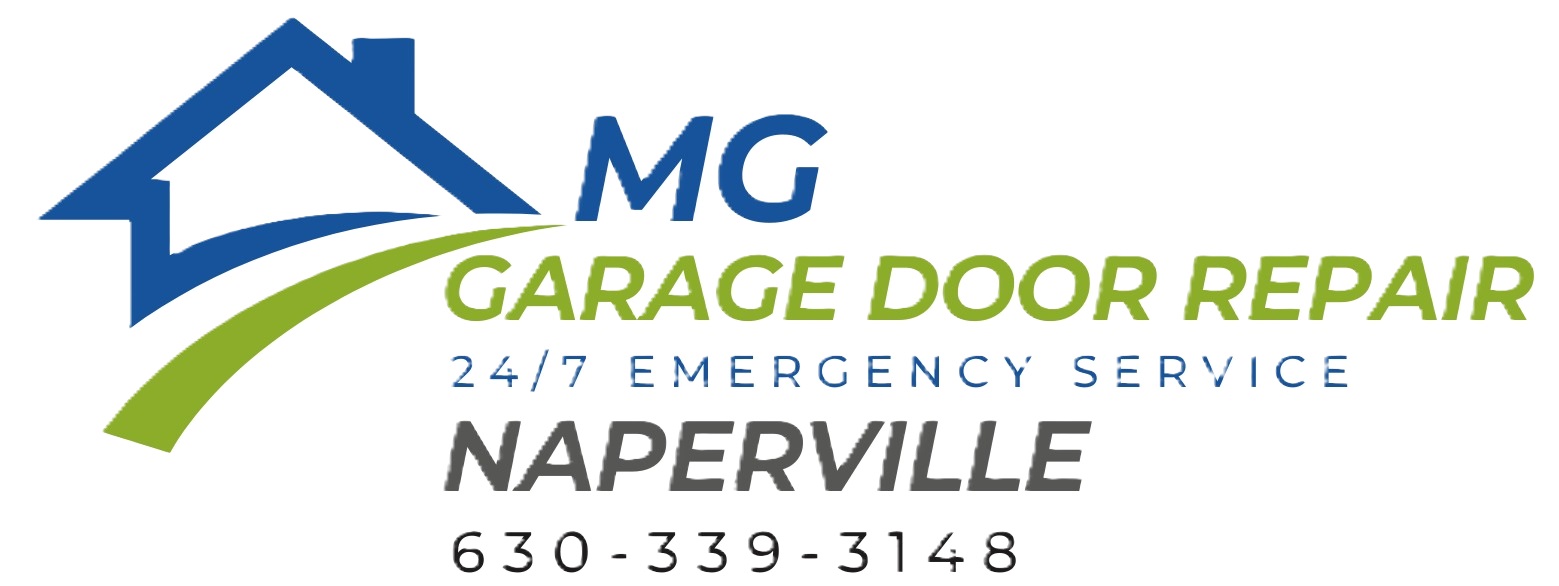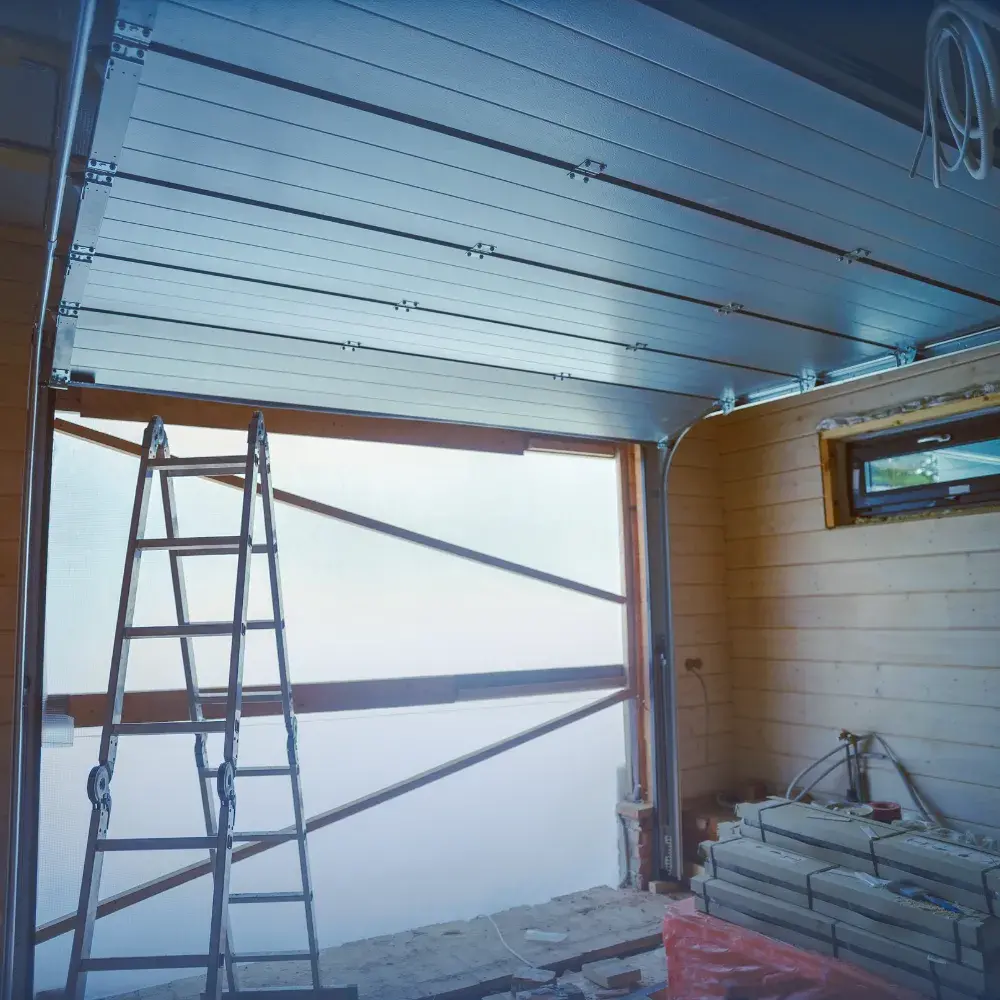Performing your own garage door repair can be a cost-effective and rewarding experience. However, it’s essential to approach these repairs with caution and knowledge. Here are some beginner-friendly tips to help you with DIY garage door repair while ensuring safety and effectiveness.
Understanding Common Garage Door Issues
Before diving into repairs, it’s crucial to understand common garage door issues you might encounter. Problems such as noisy operation, slow response times, and doors that won’t open or close properly are frequent complaints. Identifying the root cause of these issues is the first step in effective garage door repair.
Essential Tools and Safety Measures
Having the right tools and following safety measures are vital for any DIY garage door repair. Basic tools like wrenches, pliers, a screwdriver set, and a lubricant are essential. Additionally, always ensure the power to the garage door opener is disconnected before starting any repairs. Wearing protective gear, such as gloves and safety glasses, can prevent injuries.
Lubricating Moving Parts
One of the simplest yet most effective maintenance tasks is lubricating the moving parts of your garage door. Applying a high-quality lubricant to the rollers, hinges, and tracks can reduce noise and ensure smooth operation. Avoid using grease, as it can attract dirt and debris. Regular lubrication can prevent many common issues and extend the life of your garage door.
Another important aspect is checking and tightening all hardware. Over time, the bolts and screws on your garage door can loosen, leading to operational problems. Inspect these components regularly and tighten any loose hardware to maintain the door’s stability and functionality.
Adjusting the Door Balance
A properly balanced garage door is crucial for its smooth operation and the longevity of the opener. To check the balance, disconnect the opener and manually lift the door halfway. If it stays in place, the balance is correct. If it moves up or down, the springs may need adjustment. While minor adjustments can be done by yourself, major spring adjustments should be handled by a professional to avoid injury.
In addition to balance, examining the tracks for any obstructions or misalignment is essential. Clean the tracks to remove dirt and debris, and use a level to ensure they are properly aligned. Misaligned tracks can cause the door to operate unevenly and lead to further damage if not corrected promptly.
If you encounter more complex issues, such as broken springs or damaged panels, it’s best to consult a professional for garage door repair. Attempting these repairs without proper knowledge and tools can be dangerous. Professionals have the expertise to handle these repairs safely and efficiently.
DIY garage door repair can save you money and help you understand more about your home’s maintenance needs. By following these tips and knowing when to call a professional, you can ensure your garage door remains functional and safe for years to come.
Learn More

